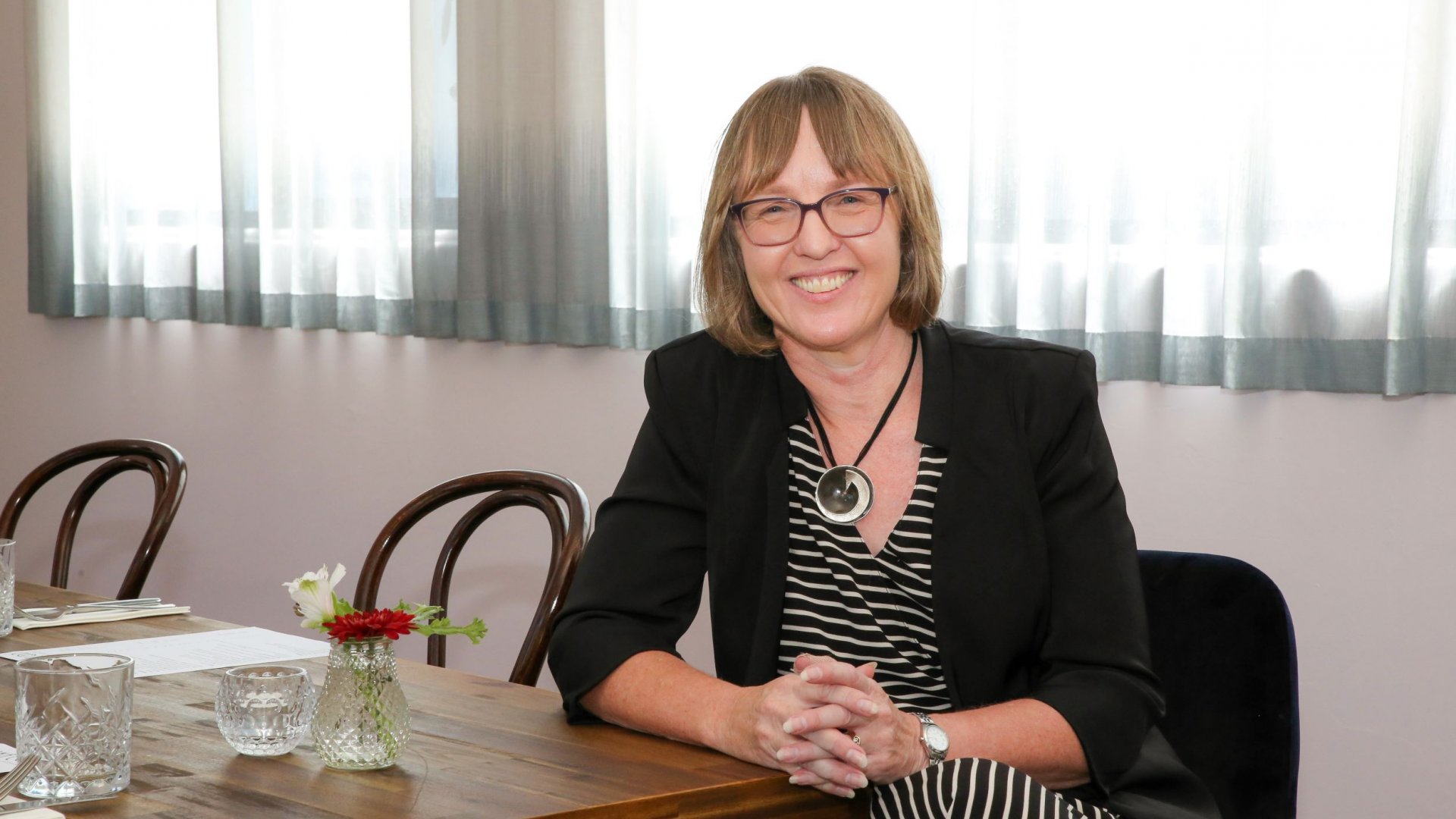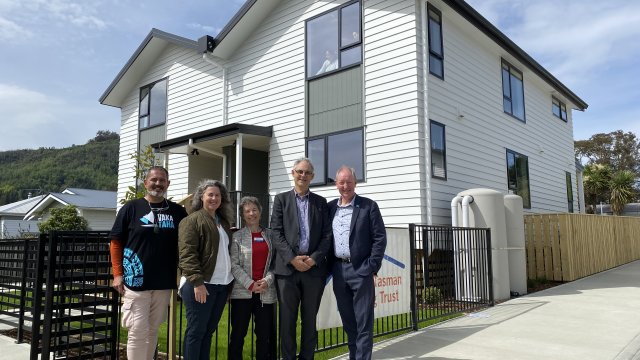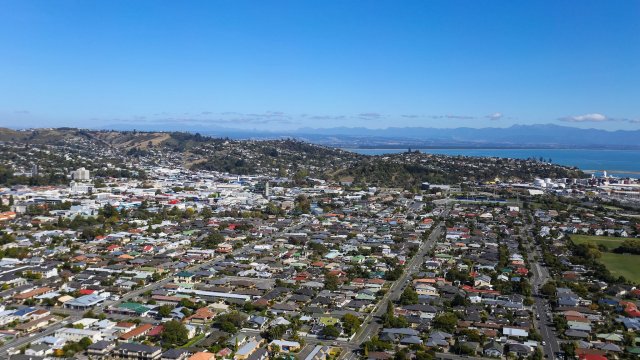The housing crisis is on everyone's doorstep
21/09/2021 12:14pm
Nelson's housing crisis affects everyone in our city. Those directly impacted include first-time buyers facing house prices that have almost doubled in five years, single parents struggling to access secure, affordable housing, and retirees on fixed incomes. But as any employer struggling to attract workers to this city will attest, the crisis has ramifications for our entire community.
We all have a right to secure, warm housing. The fact that even people in relatively stable employment can struggle to find somewhere to live is a sign of how bad the housing crisis really is and something we must all help change if we are brave enough to do so.
Back in 2010, there were petitions, street meetings and protests at Council's plans to gift land in the Brook to the Nelson Tasman Housing Trust to build a nine home development. Opponents said it would create a ghetto, and it was even referred to as a 'suburban stalag'.
None of this has come to pass and I can say with absolute certainty that there is no stalag in the Brook. Instead, those homes are filled with long-term renters quietly getting on with their lives and making a positive contribution to our community. So, my question for those who are concerned this time round is: can you face your fears again?
Nelson City Council is proposing to sell Council-owned land in the city centre to Kāinga Ora to create up to 175 social and affordable homes. Less than 50% will be for social housing, the rest affordable. How many of each is still to be decided, but we do know that Kāinga Ora is committed to a mixed-tenure model, with developments like Arlington Street in Wellington currently being built following this approach.
Arguments for and against the proposal are already being made, but people with insecure housing can lack the same platform to speak as those in a more privileged position. So, I'd like to make a strong case for why social and affordable housing should be a part of our city centre
Firstly, the need clearly exists, with people on the social housing waiting lists increasing by almost 90 per cent in the last two years. The lack of affordable homes due to increasing market rents and income levels lower than the national average is also pushing more and more people into social housing.
Did you know that Nelsonians spend an average of 38% of their income on mortgage or rent? That's higher than Auckland, and shows just how many residents are likely to be part of “the missing middle”.
This is a concept explained to me by Dr Kay Saville-Smith, Director of the Centre for Research, Evaluation, and Social Assessment, that involves people with relatively secure, low-to-middle income jobs who struggle to access and afford secure housing, or older people who have rented all their lives but can no longer afford market rental prices after retiring. These are people who are precariously close to needing social housing.
Secondly, the location makes sense. As our population changes and housing needs change, living in a smaller property a close walk to town is becoming an attractive option, but many are locked out of this lifestyle option due to affordability. Nelson’s city centre is within walking distance to schools, supermarkets, parks and many places of work. For many people, living centrally would also make life without a car a real possibility.
For those that don’t think the city centre is the right place, consider this feedback from a member of the public in relation to a similar development in Whangarei.
"We can't continue to put housing like this in out-of-the-way, out-of-sight, not-in-my-backyard areas ... that is simply continuing to encourage the cycle of poverty and trauma that whānau get stuck in.”
Thirdly, we have a great partner in Kāinga Ora. Because they are not restricted by the need to make a profit, they have more flexibility than a private developer. And because part of their mandate is to deliver affordable homes, we can have faith that they will not allow affordable properties to be sold on for a quick profit and that these homes will continue to be available for those that need them most for years to come.
And if you have doubts about the potential occupants of these homes, remember that the people who would live there are already your friends, neighbours, work colleagues, sports teammates, fellow school parents and essential workers. They might teach your children or assist you at the Emergency Department. They may be your customers or clients.
So, when you tell us what you think about these proposals, try to put yourself in someone else's shoes. How would their life change if they went from insecure, damp housing to something warm and permanent? Consider the potential of a young family who can finally stop worrying whether their landlord might sell and their children repeatedly shifting schools.
Nelson is a tight-knit community, and we depend on each other to lead happy productive lives. The housing crisis leaves none of us untouched, and we can only address it by working together.
To find out more about the Kāinga Ora proposal and submit feedback, please visit shape.nelson.govt.nz.
Judene Edgar is Deputy Mayor of Nelson City and Chair of the Urban Development Subcommittee. She was previously a Director for Habitat for Humanity (Nelson) and Research and Development Manager for Abbeyfield New Zealand.



